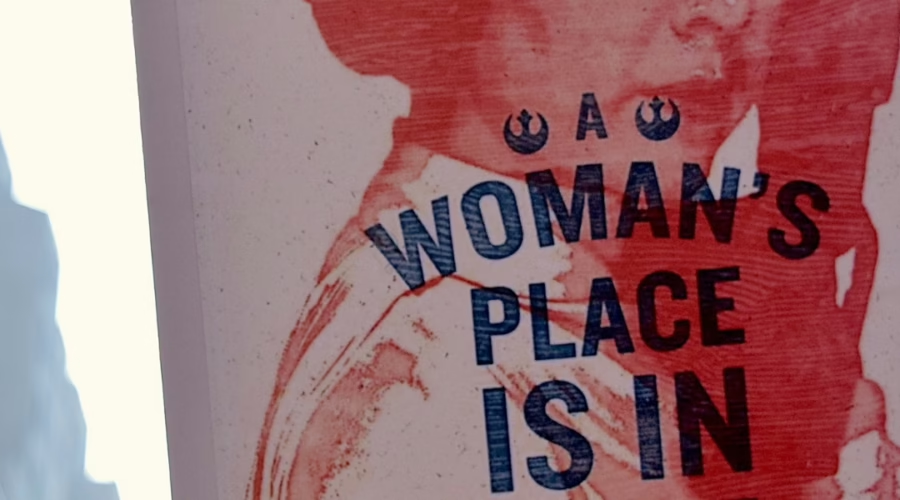Legal Context for Reporting and Publishing Property Conditions
Occupants of a property have the right to report unacceptable living conditions to authorities and, when appropriate action is not taken, to bring these issues to public attention. This right is supported by national legislation, municipal bylaws, and constitutional principles. Here’s the framework that ensures these rights:
1. The Right to Report Living Conditions to Authorities
a. Constitution of South Africa (1996)
- Section 26: Guarantees everyone the right to have access to adequate housing. This includes the expectation that housing meets basic standards of habitability, free from hazards like mold or rodent infestations.
- Section 24: Protects the right to an environment that is not harmful to health or well-being, placing a duty on the government to act on reports of unsafe or unhealthy living conditions.
b. Promotion of Administrative Justice Act (PAJA), 2000
- Section 3: Mandates that administrative actions (or inactions) affecting someone’s rights must be lawful, reasonable, and procedurally fair. If authorities fail to act on valid complaints, the affected party can seek legal recourse.
c. Local Government: Municipal Systems Act (Act 32 of 2000)
- Section 4(2)(j): Obligates municipalities to ensure the provision of services in a sustainable manner and to address public complaints effectively.
- Section 55: Requires municipalities to maintain basic service delivery standards and hold property owners accountable for non-compliance.
d. Municipal Bylaws (Saldanha Bay Municipality)
- Integrated Waste Management By-Law: Requires property owners and municipalities to ensure properties are free from pests and environmental health hazards.
- Public Health By-Law: Gives municipalities the authority to inspect, intervene, and compel corrective action on properties that pose a risk to health or safety.
2. The Right to Escalate Complaints Publicly
When authorities fail to act on valid complaints, affected parties are within their rights to make their concerns public.
a. Constitution of South Africa (1996)
- Section 16: Guarantees the right to freedom of expression, including the freedom to receive and impart information. This empowers individuals to bring public awareness to issues impacting their living conditions.
b. Promotion of Access to Information Act (PAIA), 2000
- Empowers individuals to request access to information from authorities and other entities that is necessary for holding them accountable. When this information reveals negligence or inaction, it can legally be shared publicly.
c. Open Justice Principle
- Rooted in constitutional values, this principle ensures transparency and public accountability, particularly when governance structures fail to fulfill their duties.
3. Recourse When Authorities Fail to Act
Occupants of a property have several avenues to pursue if authorities neglect their duties:
- Approaching the Public Protector
- Complaints about municipal inaction can be submitted to the Public Protector for investigation and intervention.
- Legal Action
- Affected parties can invoke the Promotion of Administrative Justice Act (PAJA) to compel the municipality or relevant authority to act.
- A court order can mandate enforcement of municipal bylaws or compel property owners to address unsafe conditions.
- Engaging Civil Society or Media
- Organizations that advocate for housing rights can amplify concerns.
- Reporting conditions publicly through media or social platforms can mobilize community support and pressure authorities to act.
4. Protections Against Retaliation
Protection from Harassment Act (Act 17 of 2011): Prevents retaliation or intimidation against individuals who report or publicize issues affecting their rights.
Whistleblower Protections (Protected Disclosures Act, 2000): Safeguards individuals who disclose information about violations of laws or rights from adverse consequences.
5. The Ethical Imperative to Make Complaints Public
Publicizing unresolved issues serves as a mechanism for holding institutions accountable and ensuring the public is informed about risks to health, safety, and well-being. By doing so, individuals contribute to a culture of transparency, encouraging systemic improvement and better governance.
The right to report unsafe or uninhabitable property conditions, coupled with the ability to make such complaints public, is a cornerstone of accountability in governance and property management. Backed by constitutional guarantees, national legislation, and municipal bylaws, occupants are empowered to hold landlords and authorities accountable for maintaining habitable and safe living conditions.
When authorities fail to act, legal frameworks such as PAJA and the Protection from Harassment Act ensure recourse and protection against retaliation, while public awareness campaigns contribute to systemic change. By asserting these rights responsibly, individuals not only address their own grievances but also contribute to the broader goal of fostering equitable housing standards and transparent governance.
In making these issues known, we uphold the principle that no one should be forced to endure unsafe, unhealthy, or degrading living conditions in silence. Public accountability is not just a right but a duty to ensure better standards for everyone.


